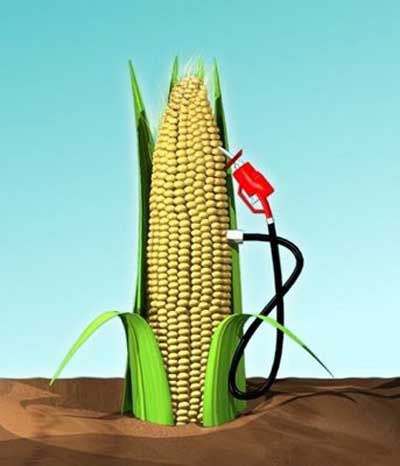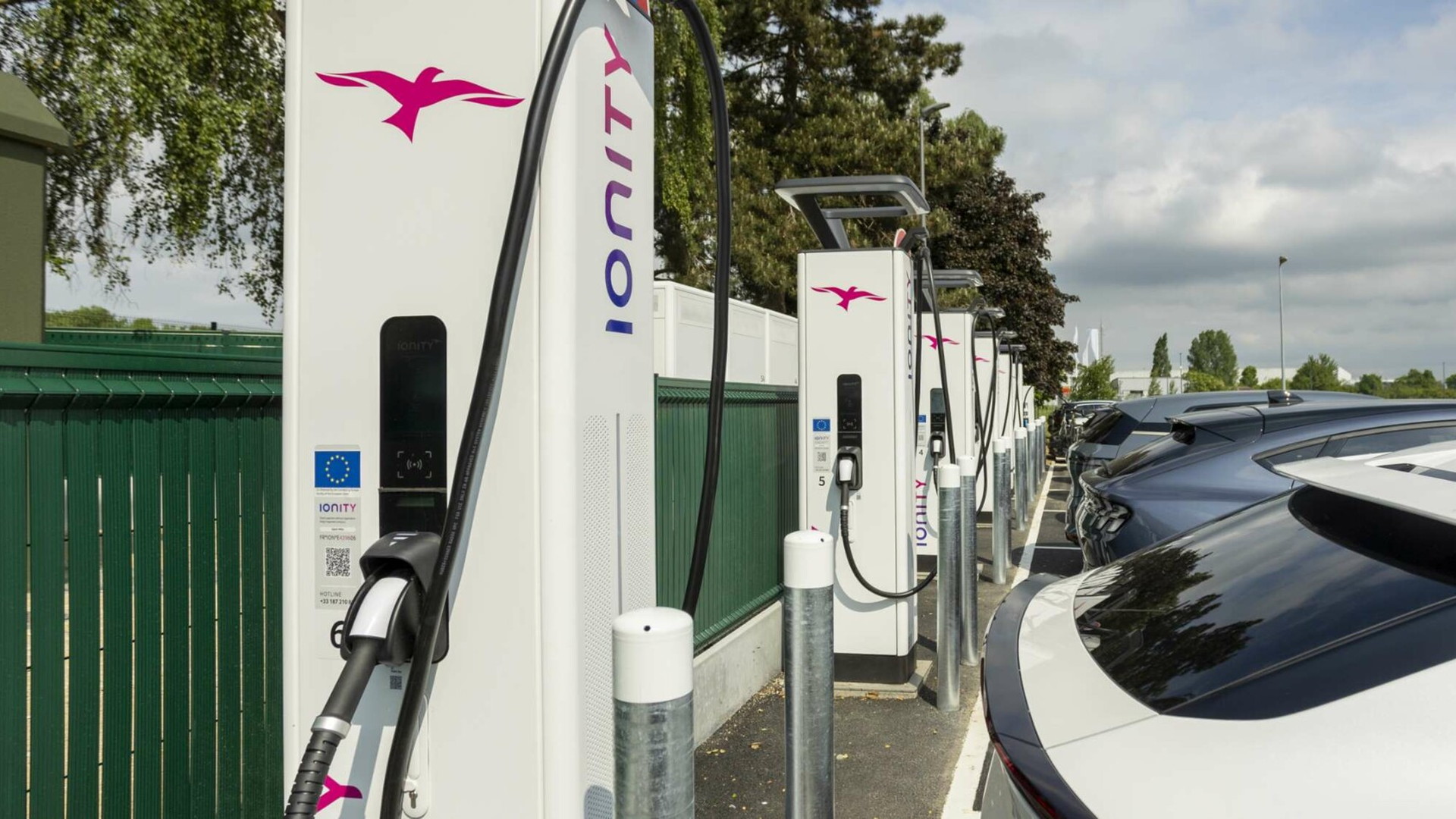For many months now, the U.S. Environmental Protection Agency has faced a dilemma: What to do about its rules that millions of gallons of cellulosic ethanol be blended into the U.S. gasoline supply.
Now, The Detroit News reports that the agency has decided to accept reality: Supplies of that fuel simply don't exist, so the rules are being changed--at least retroactively.
DON'T MISS: Could Congress Kill Ethanol Mandate Altogether In 2014?
Under the 2007 Energy Independence & Security Act, Congress required that fuel blenders incorporate increasingly large volumes of ethanol into U.S. vehicle fuels.

Corn Ethanol Pump
While adequate supplies exist of conventional ethanol refined from corn, there's also a separate requirement for ethanol from cellulosic sources--using feedstocks that could range from switchgrasses to perhaps even municipal waste streams.
And those cellulosic supplies essentially don't exist. A number of research projects, funded five years ago or more, have failed to produce commercially viable results or scale up to production successfully.
MORE: EPA Quota For Cellulosic Fuels Tossed Out By Court As 'Wish'
Congress mandated in 2007 that by 2010, 100 million gallons of cellulosic ethanol be added to the overall vehicle fuel supply. And that number grew swiftly, to 250 million gallons in 2011, 500 million in 2012, and fully 1 billion gallons in 2013.
It is an entirely separate mandate from the EPA's efforts to increase ethanol in gasoline from 10 percent to 15 percent, or E15--an effort that is rolling out very slowly if not stalled altogether.
Reality intervened: No cellulosic ethanol was produced in 2010 or 2011, and the 2012 and 2013 volumes were 20,000 and 810,000 gallons respectively--less than 1 percent of the mandated levels.
Now the EPA has retroactively set the 2012 and 2013 requirements to those numbers, rather than the Congressional goals.
ALSO READ: Flex-Fuel Vehicles And E85: Why Ethanol Isn't Making Its Numbers
More than a year ago, a Federal appeals court ruled that the mandates for cellulosic-ethanol blending should be tossed out, because they represented a "wish" by legislators rather than a realistically achievable goal.
That ruling came in a lawsuit brought by the American Petroleum Industry, whose ultimate goal is to repeal the entire ethanol mandate.
With overall U.S. gasoline consumption continuing to decline since its 2006 peak, even energy-security advocates are now listening to the argument that the goals should have been percentage-based rather than absolute volumes.
Whether Congress may delay, adjust, or repeal the ethanol mandate--this year or in the future--remains unclear.
_______________________________________________













